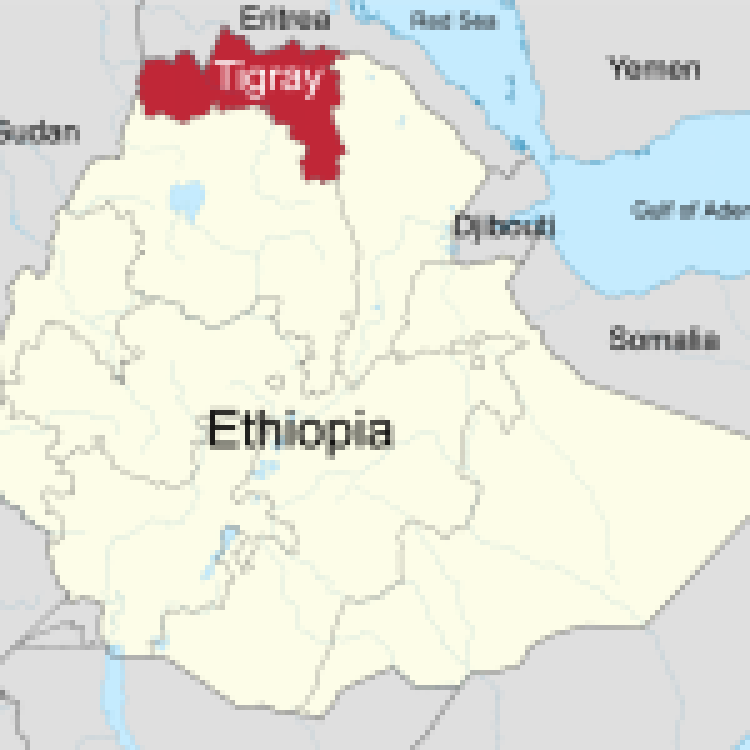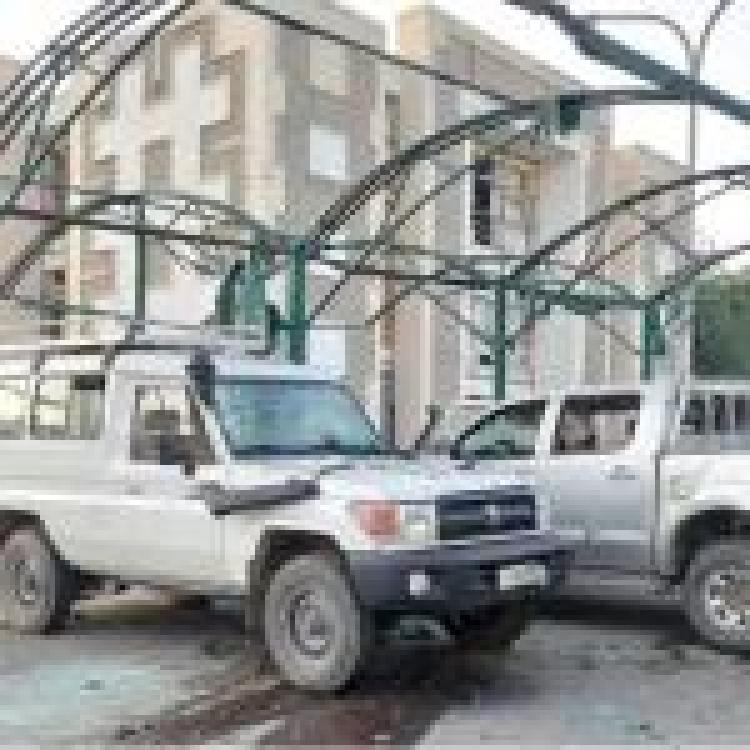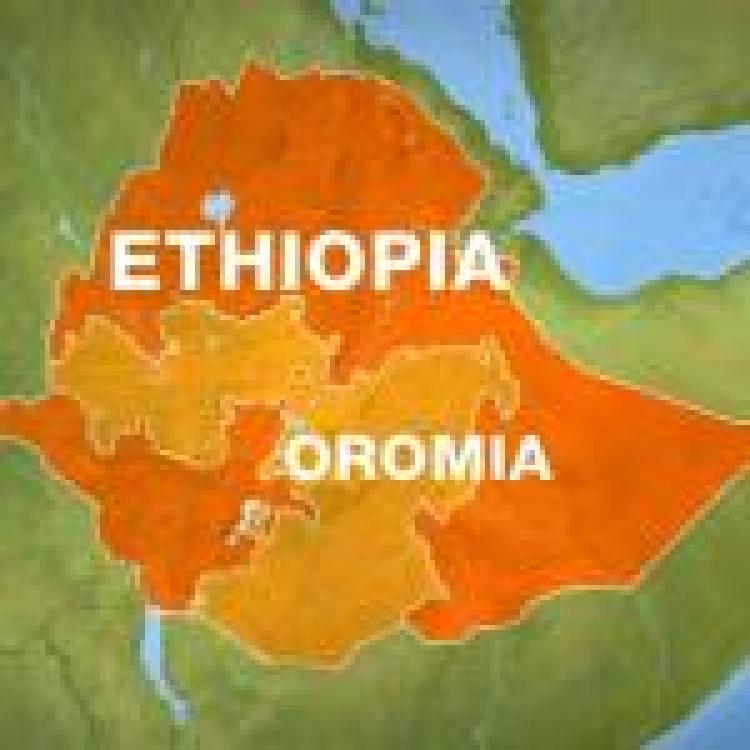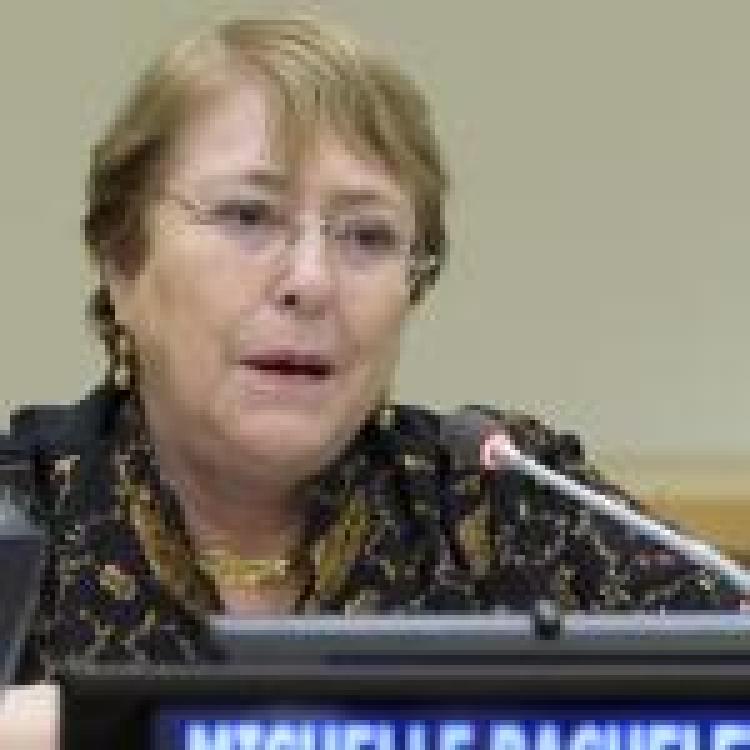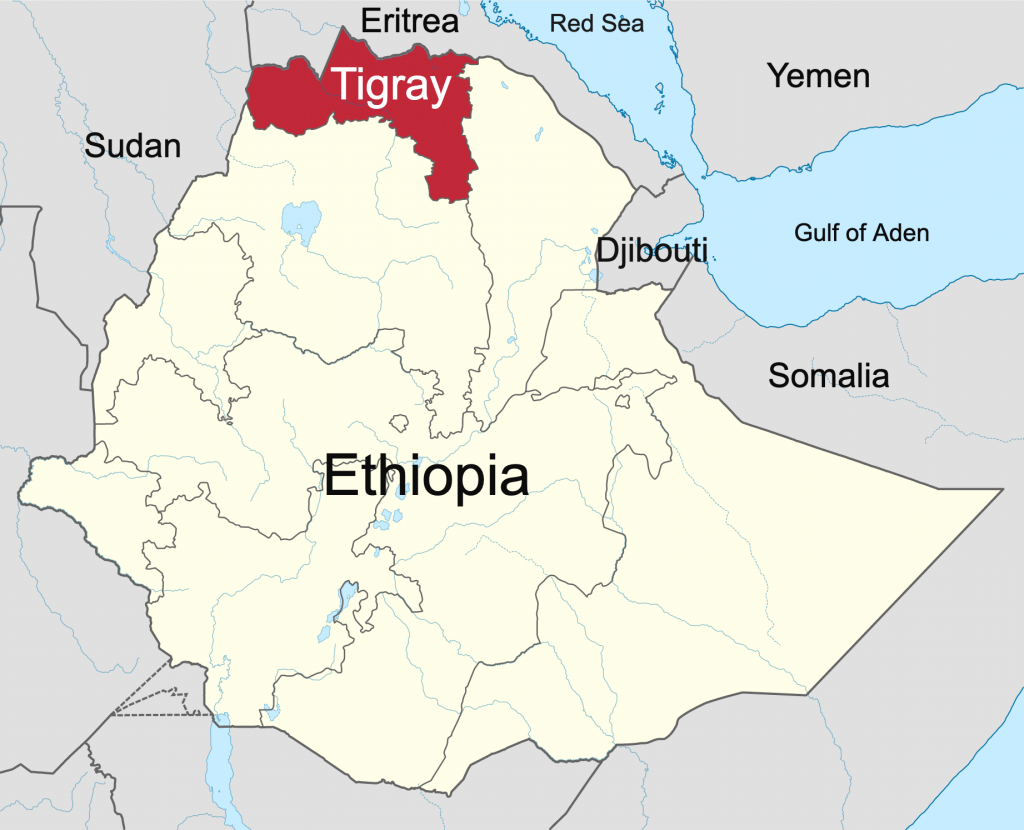
The Ethiopian government have announced that peace talks with the TPLF would commence next week.
Representatives from the TPLF and Ethiopian governments will meet on the 24th of October 2022 in South Africa.
The announcement was made by Redwan Hussein, National Security Adviser of the Ethiopian Prime Minister, via Twitter. He also spoke on the Ethiopian government's commitments to the peace talks. "We have reconfirmed our commitment to participate." adding, "We are dismayed that some are bent on preempting the peace talks & spreading false allegations against the defensive measures."
AUC has informed us that the Peace Talks is set for 24 Oct,2022 to be held in South Africa.We have reconfirmed our commitment to participate. However,We are dismayed that some are bent on preempting the peace talks & spreading false allegations against the defensive measures.
— Redwan Hussien (@RedwanHussien) October 20, 2022
Earlier this month, the African Union's initial attempts to mediate discussions between the two opposing sides fell through due to logistical oversights by the organisation. The fall through of these initial plans has led to some parties questioning the organisation's competency and ability to lead these talks to peace.
The proceedings will be led by former Nigerian President Olusegun Obasanjo, H.E Uhuru Kenyatta, former President of Kenya, and H.E. Dr Phumzile Mlambo-Ngcuka, former Deputy President of South Africa and Member of the AU Panel of the Wise.
Ethiopian Prime Minister Abiy Ahmed expressed a positive outlook towards the peace talks in his speech at the inauguration a talent development centre in Oromia regional state. "The situation in northern Ethiopia will come to an end, peace will prevail. We will not continue fighting forever. I believe that in a short period of time, we will stand with our Tigrayan brothers for peace and development," Mr Abiy said.
While officials prepare for meetings, the situation in Tigray continues to worsen.
Speaking to the press on Monday, UN Secretary-General António Guterres expressed grave concern regarding the situation in Tigray, where the violence has "reached alarming levels.". There have been reports of intensified airstrikes on Tigrayan cities, including Shire.
In a speech on Wednesday, WHO Director-General Tedros Adhanom Ghebreyesus spoke of the conflict at some length. "There is no other situation globally in which 6 million people have been kept under siege for almost two years. Banking, fuel, food, electricity and health care are being used as weapons of war. Media is also not allowed and destruction of civilians is done in darkness."
Due to a lack of access to the region and accurate data, it is difficult to understand the true impact of the conflict on the region. "There are no services for tuberculosis, HIV, diabetes, hypertension and more – those diseases, which are treatable elsewhere, are now a death sentence in Tigray." Said Mr Ghebreyesus.
"There is a very narrow window now to prevent genocide in Tigray." Warns Mr Ghebreyesus.
Read more at AFP

